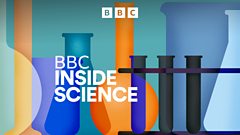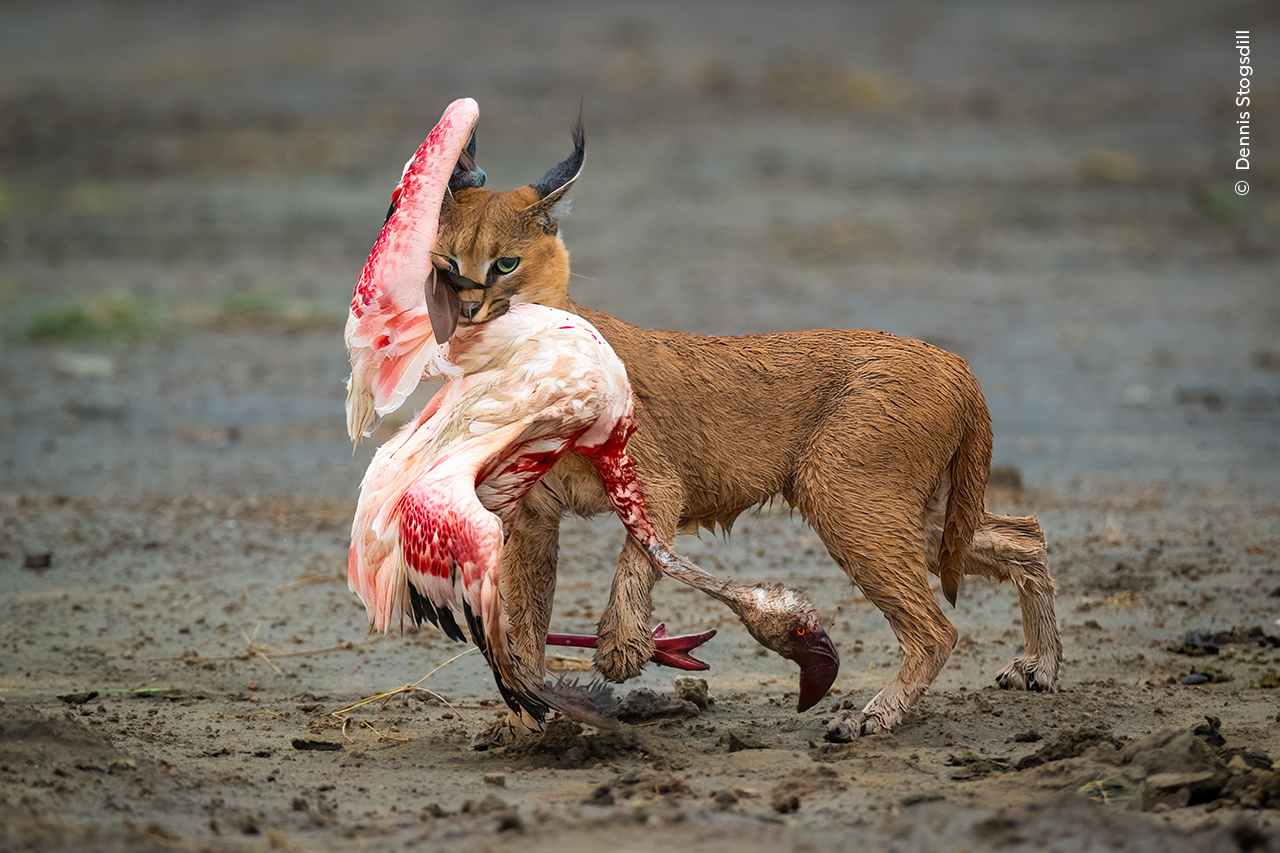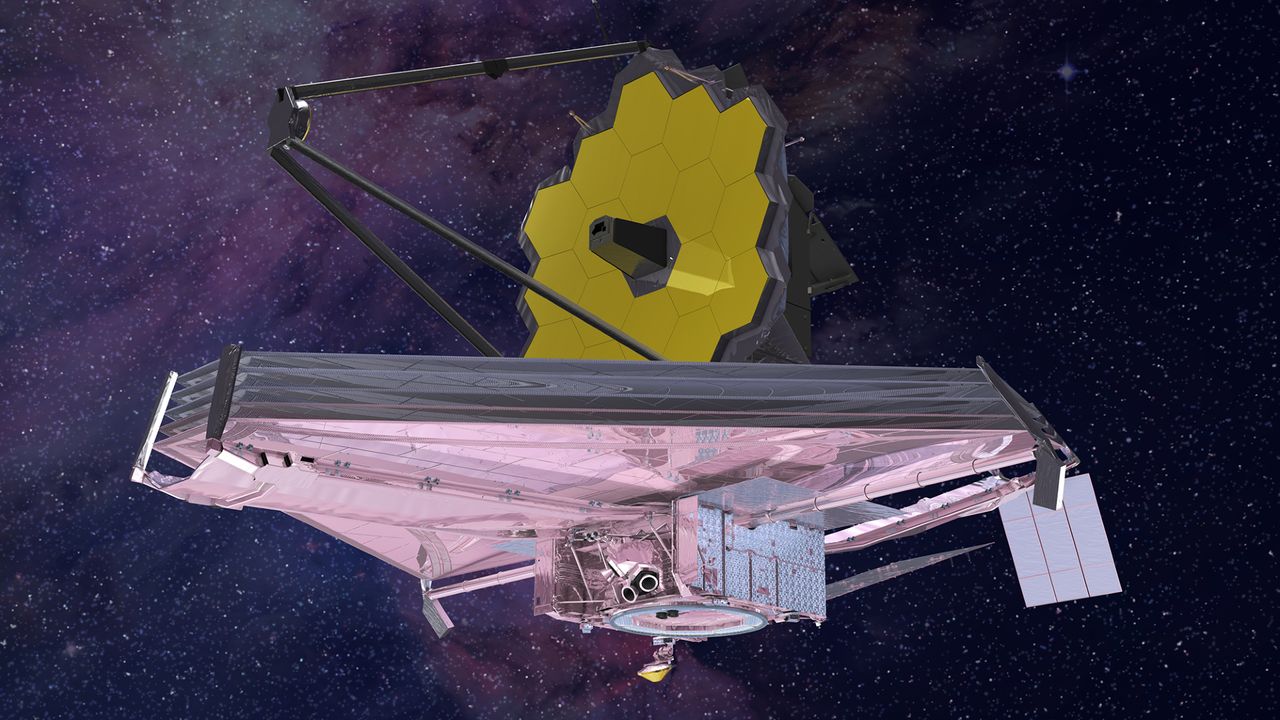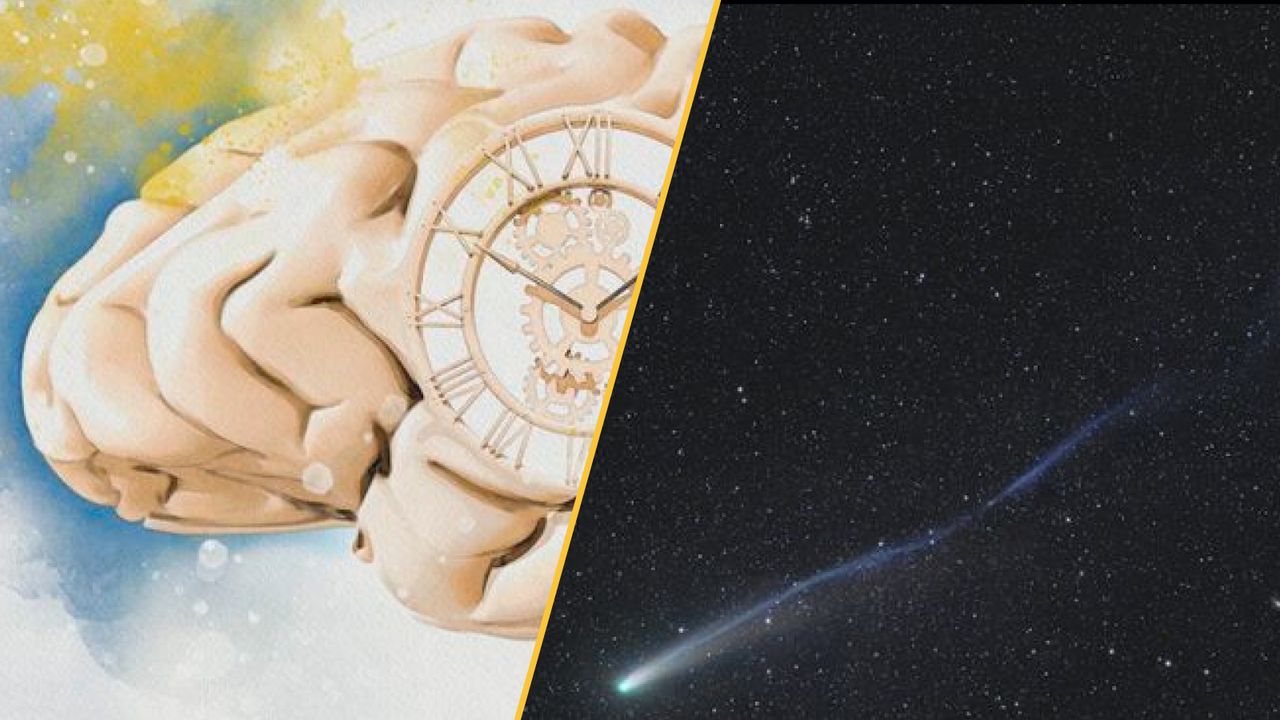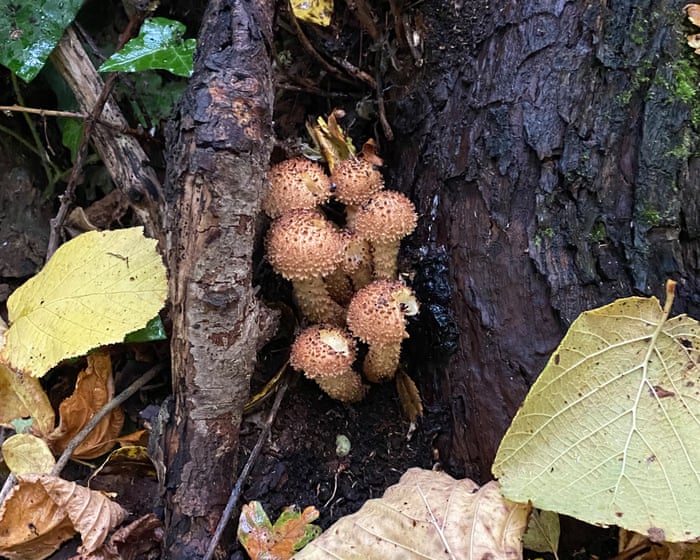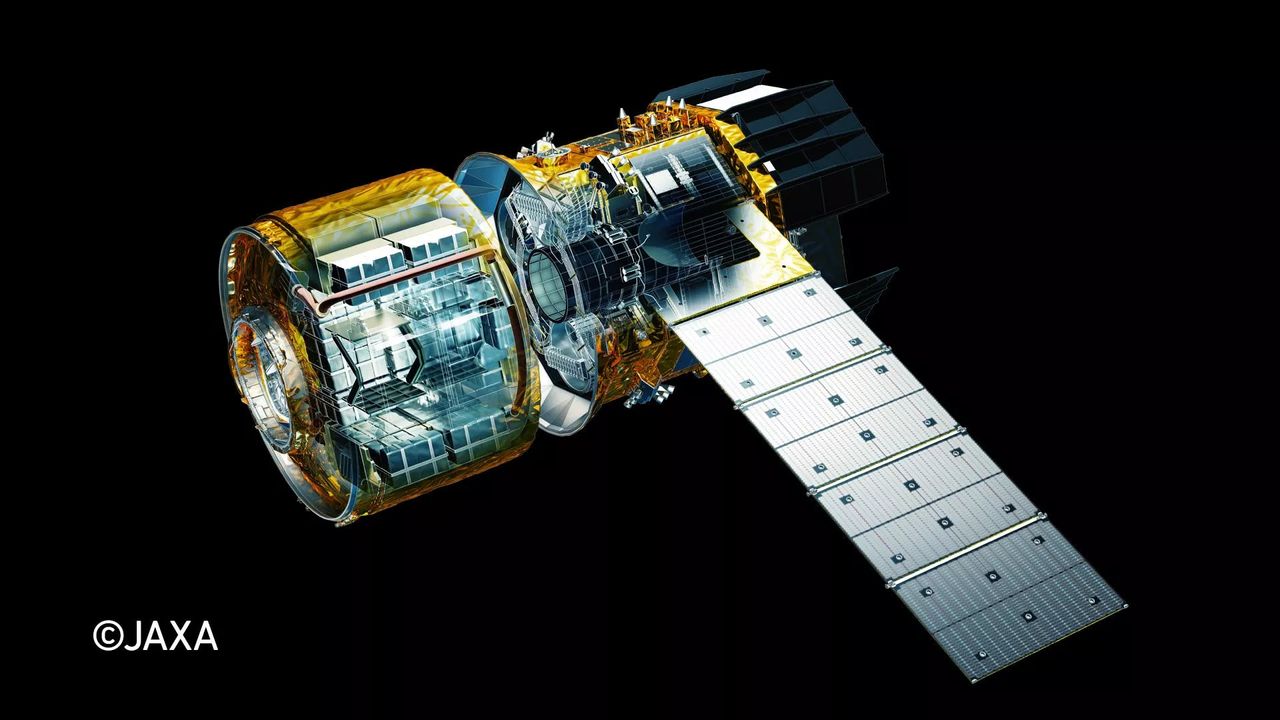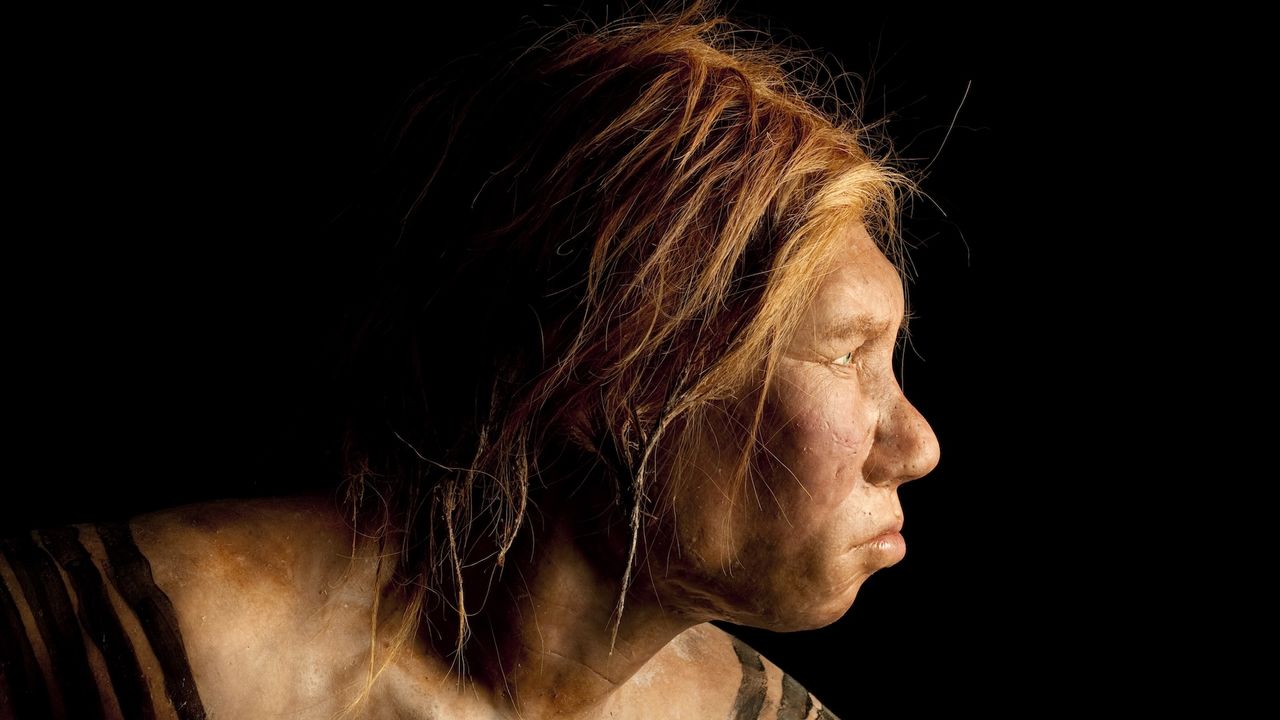Why does pooping feel so good?
PositiveScience

Have you ever wondered why pooping can feel so good? It turns out there's a fascinating science behind it! When you relieve yourself, your body releases endorphins, which can create a sense of happiness and relief. This natural response not only helps you feel lighter but also contributes to overall well-being. Understanding this process can help us appreciate the importance of regular bathroom breaks for our health.
— Curated by the World Pulse Now AI Editorial System
